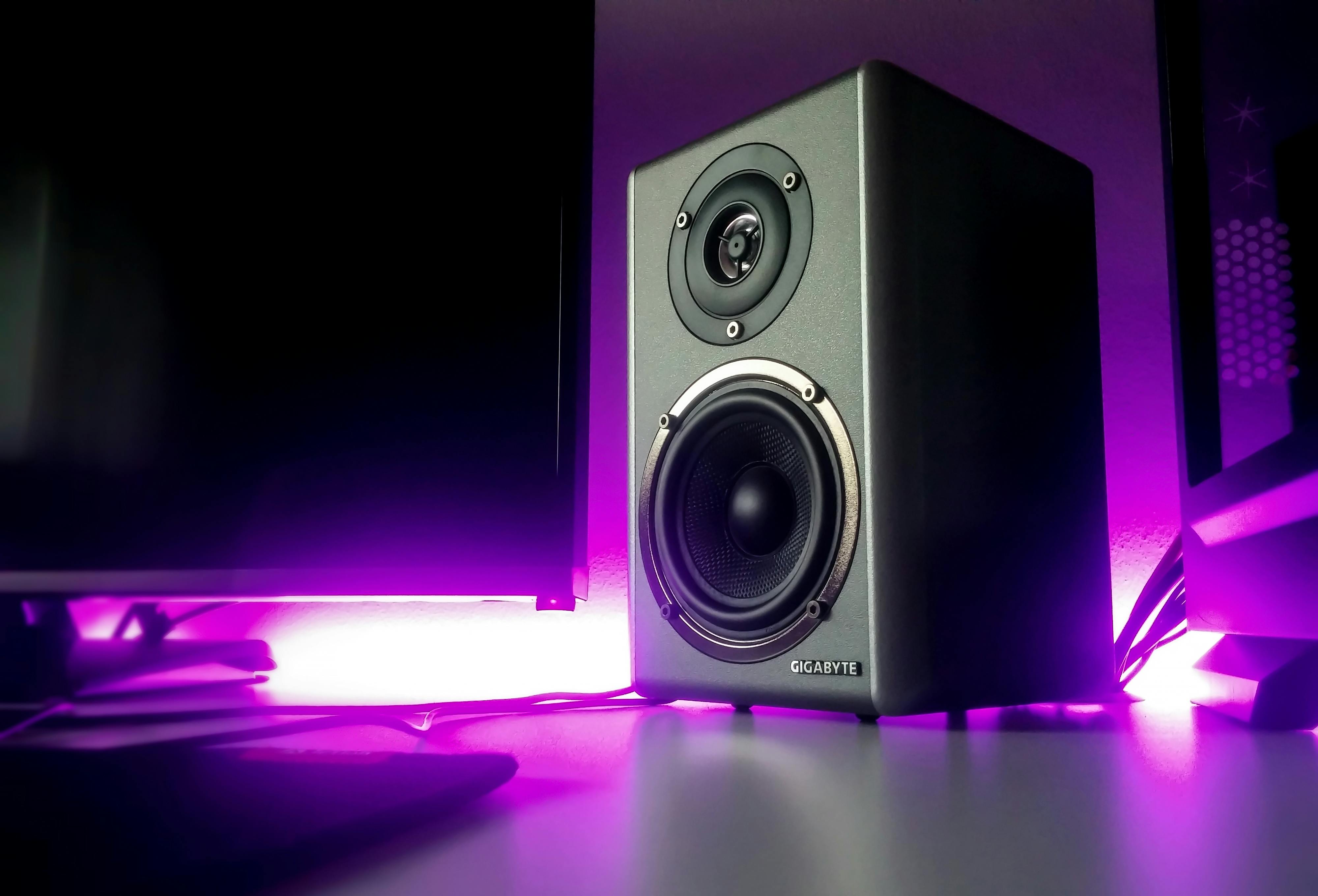The international organization known as Rotary promotes annual trips that everyone between the ages of 26 and 40, men and women, and of all backgrounds, should know about, because it’s a Rotary-funded six-week shipboard study and anyone can apply for it. be in addition to this meaningful life experience. If you are in this age group, you might enjoy the kind of experience described in my notes in this article. To learn more about the program, visit the Rotary International website and search for GSE (Group Study Exchange) and contact your local Rotary club for more information.
April 9 – Saturday, and 10 – Sunday, in Japan:
The 2005 GSE exchange trip began on April 9. Members of my GSE team, Harry Abbott, Julia Vasileyva, Antonio Verges, and Monica Koller, met at the gate to board the plane at San Francisco International Airport to begin our journey to Fukuoka, Japan. It was a long flight: 14 hours with a layover in Nagoya. When we arrived, our Japanese hosts including Mika, Izumi and Ai welcomed us, and it was fun to see the GSE team welcome sign they had put up at the arrival gate. It was around 7pm on Sunday – 3am on Saturday at home – and we were driven through the streets of Fukuoka to our hotel for two nights, the Nishitetsu Grand Hotel. We felt an earthquake after shock when we checked into our rooms – Hisa San said it was a “welcome shock”. The equipment crashed overnight, in anticipation of a full day tomorrow.
April 11 – Monday:
I got up early this morning, ready to start the day, and in this great city I could hear the roosters crowing. I walked a few blocks down the street for my first cup of Starbucks coffee in Japan (I must admit, it tasted good) and enjoyed the bustle of Fukuoka’s main street. Wearing my team blue blazer and armed with plenty of goodies to bring back to our hosts (including Teri’s Kona coffee in half-pound bags), we gathered for a Japanese-style breakfast at the hotel. I first noticed how elegant it is here: soft bows, smiles, lots to keep you company, and a connection of people looking into your eyes and seeing you (I like that). I feel comfortable here.
Oh my gosh, we are blessed with experiences. The team members are elated. We met with Mika San and she outlined each of our plans while we’re here, the host families we’ll be staying with, and the areas we’ll be visiting. They say that the months of April and May are the best months to be here, lucky us. Fukuoka is a city of 1.7 million people and the island of Kyushu is about 280 miles long and 350 miles wide. We will leave Fukuoka tomorrow and go to rotating areas 6 and 7, which are more rural.
The cherry blossoms were out in full force as we headed down the river this morning. Our first stop was the American Consulate. We met with the Chief Officer and US Consul, Joyce Wong. She talked about her responsibilities at the State Department and her assignment here for three years. Also about how popular Fukuoka is because people here have a positive outlook and welcoming hospitality. The prefecture (which is like our state) is known for growing teas, sweet strawberries, fruits and vegetables, and the best seafood in Japan. It produces a third of the world’s semiconductors and is part of the Silicon Sea Belt (like our Silicon Valley) and produces about 1 million cars that come to the US market. Fukuoka was named Japan’s most liveable city, she says. We comment on how beautiful and clean the city is.
Next, we’re off to the Fukuoka West Rotary Club lunch meeting, and most remarkably, there are no women in this club, imagine that. We meet Dr. Hirohata, who is the incoming district governor, and he says that he has a Japanese/Boston accent! An RI Director, Mr. Suenaga is from this Club. There are around 140 members and the club is 50 years old, but it is not the oldest club in the city. By the way, the District has about 3,700 Rotarians and less than 1% are women, something to consider here. The video Harry put together highlighting each of our team members worked well to show who we are as we are limited in our linguistic communication. It was a very rigid men’s club, with a formality that we did not understand.
We were met at the Governor’s office in the afternoon (ie the equivalent of “Arnold’s” office in California) and spoke with the Director of International Affairs, learning about the Prefecture and the Japanese government.
The women dressed tonight in high heels as part of their “look” – and once in the restaurant we were barefoot like everyone else. Our hosts organized a party for us at the Kanzan restaurant, and it was lovely. Our hosts were very funny, they laugh a lot, tell jokes and are very playful, on the contrary. A host recounted his first trip to the US. He asked for a grapefruit on the plan and expected to get a grapefruit, and what he got was something that looked like an orange, we all had a good laugh about that. We were received by Tomoshige Tachibana, his wife and daughter, and he is the current district governor. He spoke fondly about meeting our district governor, Ron Sekkel and Cindy, and we presented him with the gift of our Rotary district.
There were about 30 people at the party, including some of the families we will be staying with. And Kenji Ogawa (Ken) was there; he will be the incoming team leader when this district sends us a team next year. His team has already been chosen and we will meet with them later. We are always amazed at the beauty of the food presentation here, and we know the diet will take a few pounds off all of us. The introductions are in Japanese, so we miss some of the communication that isn’t interpreted, and many of the people we meet don’t speak English, but it’s better than our Japanese. The evening opened with a beautiful traditional Japanese dance, and included plenty of sake and beer to brighten the evening. It was a very full first day.
April 12 – Tuesday:
After breakfast and luggage in the lobby, we head to the train station to leave Fukuoka and travel to the countryside. Dr. Maruyana took us by train to Omuta and the Omuta Rotary Club. The room was set in a western style, and with around 60, and again, there were no women in this Club. Julia, Monica and I stand out in the room. When Izumi (Dr. Maruyana) and I talked about women in Rotary, he pointed out that it is not just a matter of gender but also “class” that has limited women in Rotary here. He was nice and said that there aren’t many of me here, which means that women generally haven’t had the access to the economic structure here that I’ve had in the US. Also that women aren’t considered in the older class. High society that Rotary chooses its membership from here. Interesting – it’s hard for me to bite my tongue. I point to the Club as I speak that my Club looks very different from theirs, that my Club is 50% women. And also, that many men in the United States had problems with this change, that some left Rotary in protest, but now in general they love the women in Rotary. They shake their heads, and someone interprets them as saying, there are no women here. They ask what classifications of women enter our Club. They do not believe that this will change in the future. Izumi says that he is radical, that he believes that this change is necessary and that the future of the world requires it.
Back on the train, just like our trains, only very clean, we continued on the line to the city of Kurume. The houses are getting bigger (with Shogun style roofs) and there are beautiful mountains in view. We go to Nishi-Nippon shinbun (Newspaper) where we meet a reporter asking for us and planning to do an article in the biggest newspaper. From there there is a walk, with a strong wind, to the Town Hall and the Mayor’s Office. The Mayor joins us and we learn that the photo accompanying the newspaper article is taken with the Mayor in his office and the warm welcome from him.
Izumi has a beautiful house with some western-looking rooms and a room where we gather and sit cross-legged around the table. Japanese sweets and tea are served and the computers come out in droves to see what we’ve recorded for the day. It’s embarrassing to say, but I went up to the bathroom and pushed the wrong button on the toilet, and water shot all over the ceiling, go figure. They have us in the bathrooms here: they have heating and they do all kinds of things.
Last night at dinner, Mr. Tanaka served me as a Japanese metaphor. He put a toothpick on the table, then with the intention, as he says he, and moved that toothpick six inches in the air without touching it. But that was not all, he borrowed someone’s watch, and putting his hands on both sides of it, and trying with the concentration of his mind, he moved the time forward one hour! Amazing.
Harry San, Monica San, Julia San, Antonio San and I left with our host families from Izumi’s house and began our stay in Japan. From here, you’ll hear from each of us individually, with unique experiences, and I’ll continue to talk about the things we’re doing together. What luck, I stay with the Tanaka. Lots of luggage is moved and everyone leaves happy, with my cell number as needed.
Ai picks me up, with the Tanakas and we head to a very special Japanese style restaurant, and more small plates of food than I can eat. However, quickly, after dinner, we decided that we would head to the hot springs. Wow, am I ready for that? We entered a building with a women’s side and a men’s side-stripping to get into the hot pools, yes-she calmed down. By taxi we went to Ogori and the century-old house was the life of Tanaka. I stay in a room to myself with a futon bed and I slept very comfortably. At night we laugh a lot as the translation goes back and forth – with Ai translating – because the Tanakas don’t speak much English. I think her business is importing and exporting, but I’m not sure, but they travel and Mrs. Tanaka has many of the same brands of clothing that I recognize from her travels, including a beautiful Italian suit that she was wearing. Once I was at her house, everyone was very relaxed and genuinely hospitable; we are well cared for here.
This article is a series, so keep reading, and many more days of our splendid adventure will follow!



